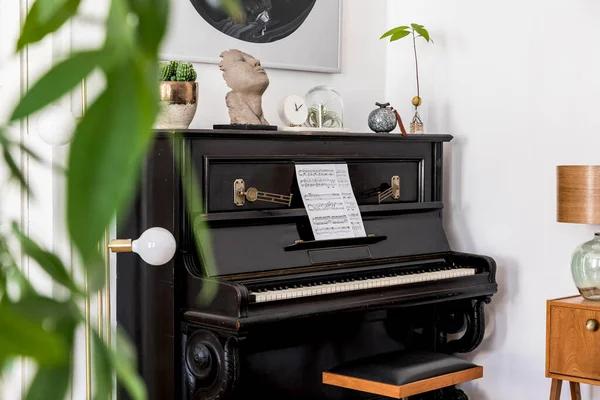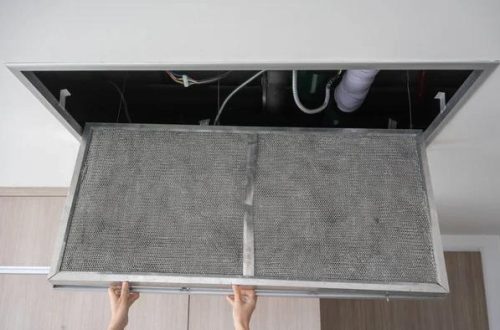Learning to play the piano is a rewarding journey that combines creativity, discipline, and skill. For many aspiring pianists, at-home piano lessons offer a unique opportunity to nurture their musical abilities in a comfortable and familiar environment. One of the most significant benefits of this approach is how it encourages consistent practice—a cornerstone for mastering any instrument.
At-home piano lessons eliminate many barriers that can hinder regular practice. The convenience of learning from home means students save time and energy otherwise spent commuting to a music school or teacher’s studio. This added flexibility allows learners to focus more on their craft without feeling rushed or overwhelmed by external commitments. With no need click to find out another location’s schedule, students have greater freedom to carve out dedicated time for daily practice sessions.
Another advantage lies in the accessibility of the instrument itself. Having a piano readily available at home fosters an organic relationship between the student and their instrument. Unlike traditional lessons where access might be limited only to specific times, at-home instruction ensures that learners can sit down at their keyboard whenever inspiration strikes or when they feel motivated to refine particular pieces or techniques.
The personalized nature of at-home piano lessons also plays a vital role in promoting consistent practice habits. Teachers who conduct these sessions often tailor lesson plans according to each student’s pace, interests, and goals. This individualized approach keeps students engaged and motivated as they work on material that resonates with them personally rather than following rigid curricula designed for group settings.
Moreover, learning within one’s own space creates an atmosphere free from external pressures or distractions commonly found in public teaching environments. Students are more likely to feel relaxed and focused during both lessons and independent practice sessions because they’re surrounded by familiar surroundings that promote comfort and confidence.
Parental involvement can further enhance consistency in younger learners taking at-home piano lessons. Parents have the chance to observe progress firsthand while encouraging children through positive reinforcement and creating structured routines around practice times.
In conclusion, at-home piano lessons provide an ideal setting for fostering consistent practice habits essential for growth as a pianist. By combining convenience, accessibility, personalization, reduced external pressures, and opportunities for parental support when needed—this method empowers learners of all ages not only to stay committed but also enjoy every step of their musical journey fully.






